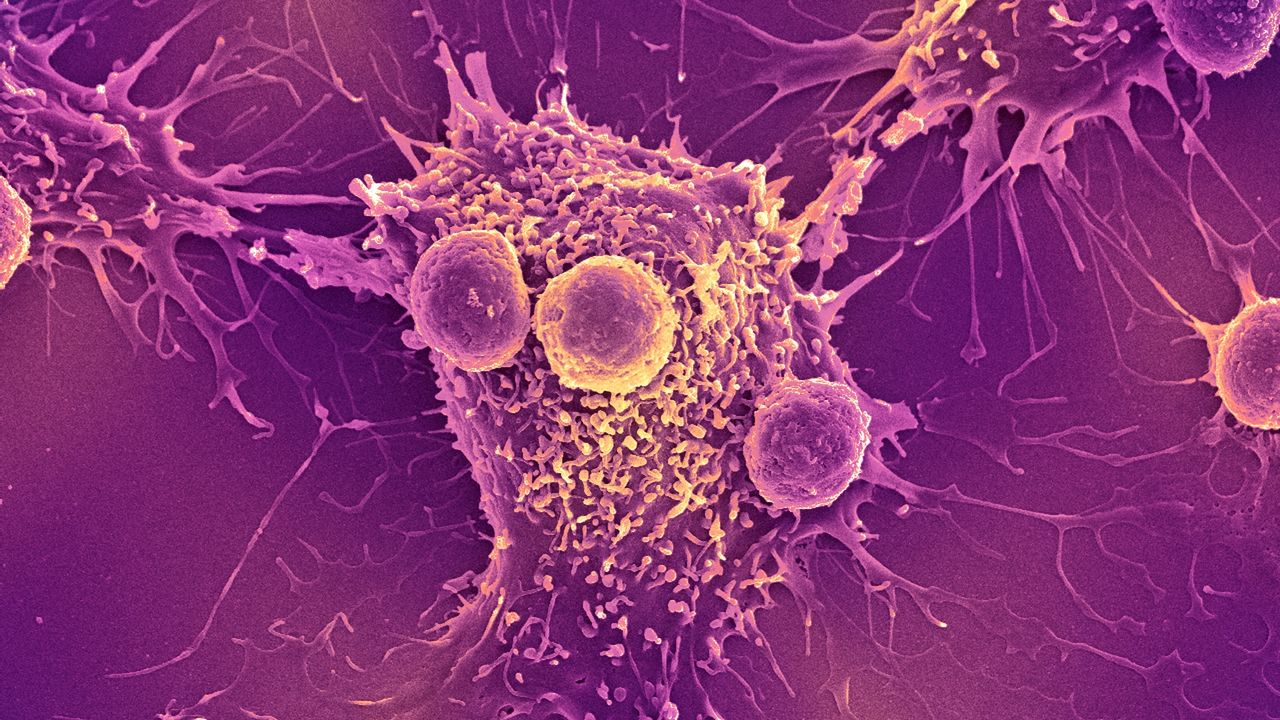BREAKING: New research confirms that COVID-19 mRNA vaccines may trigger the immune system to fight cancer, offering a potential breakthrough in cancer treatment. This significant finding, published in the journal Nature, suggests that the vaccines, which saved 2.5 million lives globally during the pandemic, could extend their life-saving benefits to cancer patients.
Led by pediatric oncologist Elias Sayour, the study analyzed clinical outcomes for over 1,000 late-stage melanoma and lung cancer patients treated with immune checkpoint inhibitors. These common therapies aim to activate the immune system to combat cancer by blocking proteins that inhibit immune responses.
Remarkably, patients who received either the Pfizer or Moderna mRNA vaccines within 100 days of starting immunotherapy were more than twice as likely to survive after three years compared to those who did not receive the vaccines. Even patients with tumors that typically resist treatment showed nearly a fivefold increase in three-year survival rates.
Researchers believe that the mRNA vaccines act like an alarm, training the immune system to recognize and destroy tumor cells. This method could effectively “heat up” previously “cold” tumors that evade detection. The results are particularly promising for patients who have limited treatment options, as the combination of mRNA vaccines and immune checkpoint inhibitors could unleash the full power of the immune system against cancer.
The implications of this research are profound. If validated in upcoming clinical trials, this low-cost, widely available intervention could dramatically enhance cancer treatment for millions. Sayour’s team is preparing for a nationwide clinical trial to further investigate the effects of COVID-19 mRNA vaccines in lung cancer patients receiving immune checkpoint inhibitors.
This study not only highlights the innovative use of existing vaccines but also underscores the potential for mRNA technology to revolutionize cancer therapy. As ongoing efforts aim to develop personalized mRNA vaccines for cancer, the accessibility of COVID-19 vaccines could pave the way for a new era in cancer treatment.
Stay tuned for updates as this developing story unfolds. The hope is that these findings will help extend the lifesaving benefits of immunotherapy to those who have been left behind in the fight against cancer. The study exemplifies how solutions born from a global health crisis may provide new avenues for combating other diseases, including cancer.
